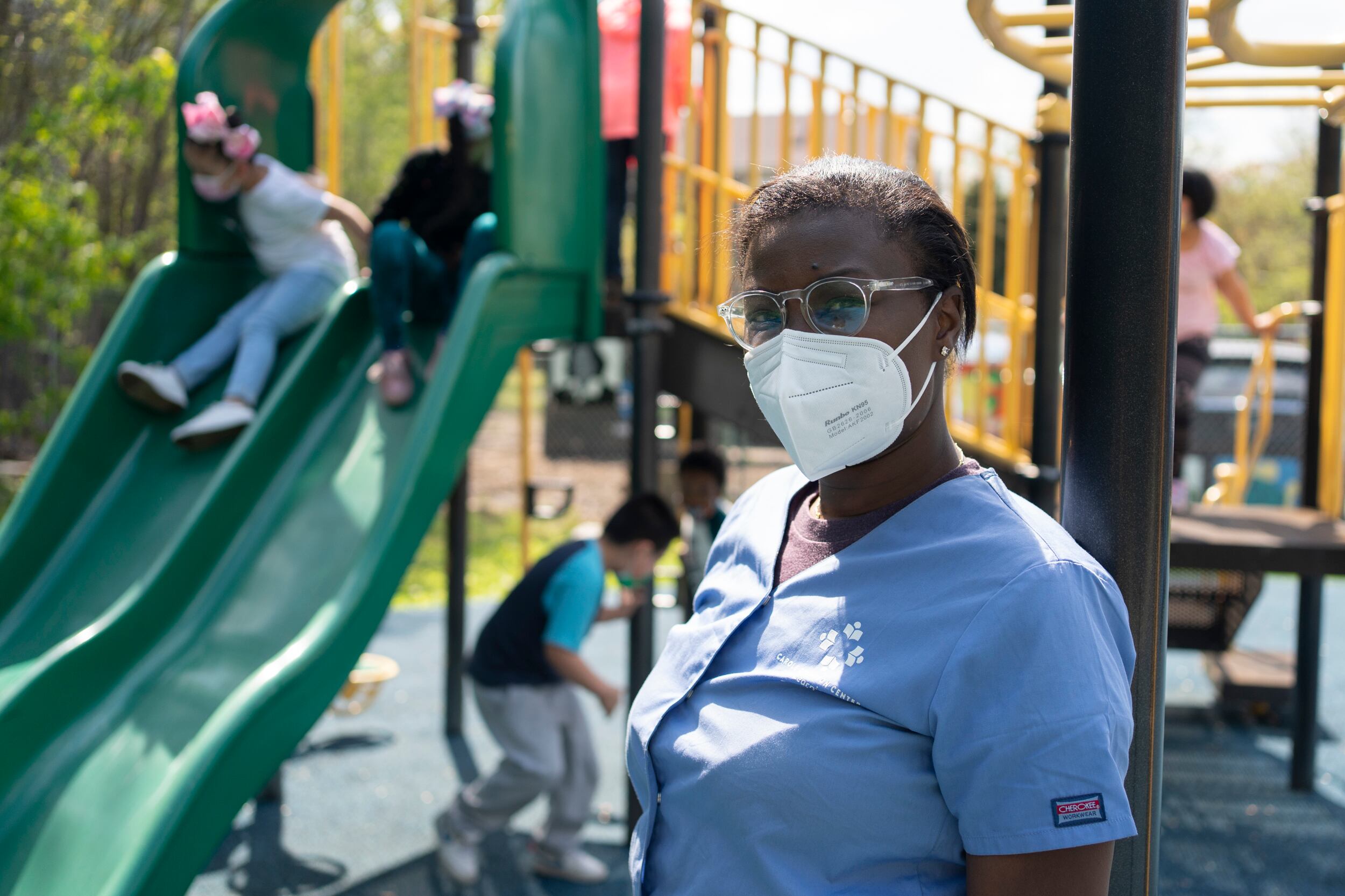During the coronavirus pandemic, masks became as familiar a sight in schools as lunchboxes and backpacks. And while the CDC recently advised vaccinated Americans that they can stop wearing masks indoors, the agency has recommended that masks be worn in school until at least the end of this school year — and possibly beyond.
As the 2020-2021 school year draws to a close, Chalkbeat wants to look back on how face coverings changed the nature of schooling. And we need your help. Please fill out the survey below to tell us whether your experience as a teacher or students was markedly changed by wearing a mask as a teacher or student, how you adapted, and how you will potentially face entering another school year in a mask.
We would love to hear from students and teachers whose experiences were strongly affected by wearing a mask, such as English language learners, students with disabilities and their teachers, young readers, or early literacy coaches.
We’ll use these responses to inform our reporting and tell stories that reflect on this challenging year.
If you are having trouble viewing this form on mobile, go here.






